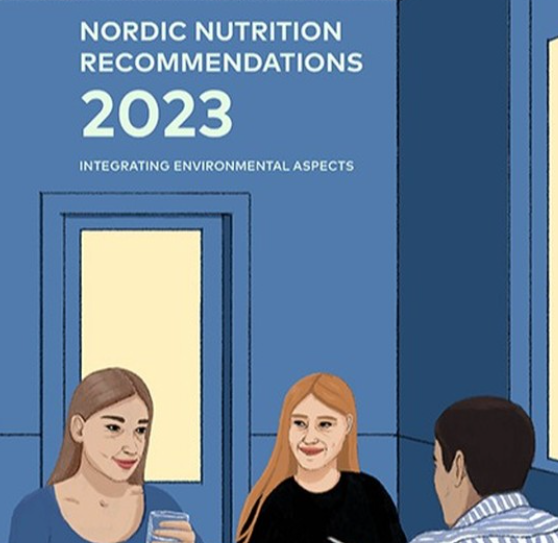Nordic Nutrition Recommendations 2023
 Sign up for free at www.nutritank.com for access to free CME webinars and more medical education articles.
Sign up for free at www.nutritank.com for access to free CME webinars and more medical education articles.
In June this year, the Nordic Nutrition Recommendations (NNR) were published, to inform public health nutrition messages and guidelines for individuals living in Nordic and Baltic nations. The result of five years of work of several hundred researchers and experts, the NNR2023 for the first time focused on food that is good for the environment, as well as nutritional quality of food. Additionally, the guideline makes significant strides in updating the daily reference values for many nutrients, as well as attributing reference values to other nutrients which previously had none. Key recommendations issued as part of the updated guidelines state that individuals should consume:
- a predominantly plant-based diet high in vegetables, fruits, berries, pulses, potatoes and whole grains. Vegetables and fruit consumption should be between 500 and 800 grams daily.
- ample intake of fish and nuts
- moderate intake of low-fat dairy products
- limited intake of red meat and poultry
- minimal intake of processed meat, alcohol, and processed foods containing high amounts of fats, salt and sugar
Other important distinctions in this new guideline include:
- The assignment of dietary reference values to eight nutrients for the first time, including biotin, Vitamin B5, choline, Vitamin K, magnesium, manganese, molybdenum and fluoride.
- A 20% increase in dietary reference values for the B Vitamins B1, B6, folate, and B12, Vitamin C, Vitamin E, calcium, zinc and selenium.
- The addition of a new section dedicated to antioxidants and phytochemicals. However, no specific recommendations are given here in terms of frequency or amount for these nutrients.
The World Health Organisation indicated in an official statement made by Director General Tedros Adhanom Ghebreyesus, that their new healthy diet recommendations, due to be released later this year, will follow the pattern laid out by the Nordic Nutrition Recommendations. The question remains as to whether the UK government will similarly make amendments to NHS recommendations and the EatWell plate to similarly reflect the stance taken by the NNR and WHO, particularly regarding dietary reference values, plant based sustainable diets and alcohol consumption.
Further reading:
- Visit https://pub.norden.org/nord2023-003/ to access the full report.
Here is a video of the Director General of the WHO speaking on the NNR2023: https://www.youtube.com/watch?v=HgM0xBJNTRk
